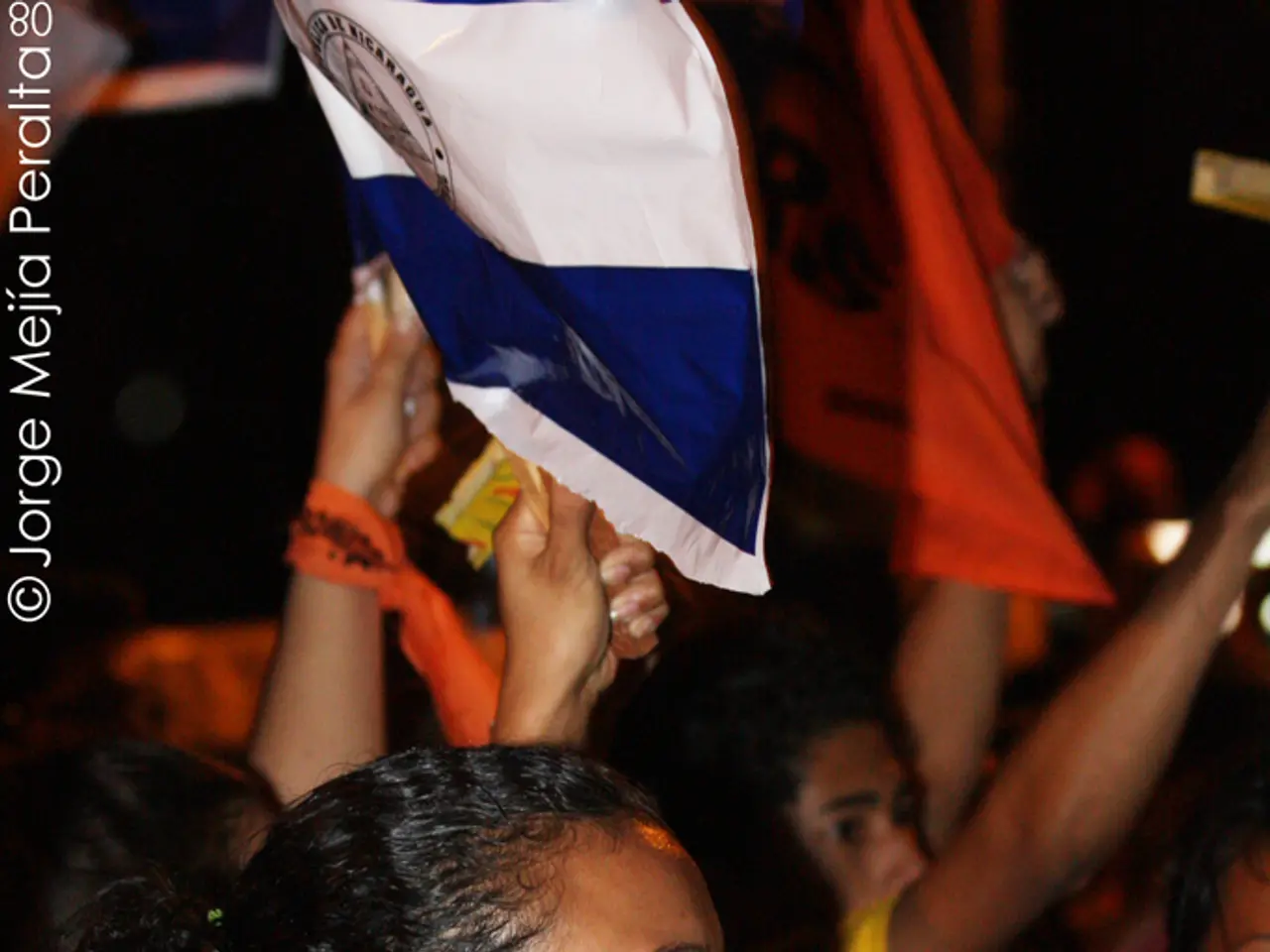Local government units in Davao and schools within the territory are on high alert following an earthquake near Russia.
July 31, 2023: Tsunami Alert in Davao Region Prompts Preventive Measures
On July 30, a tsunami alert was issued for the Davao Region in the Philippines, following a powerful 8.7 magnitude undersea earthquake off Russia's eastern coast. The alert triggered a series of preventive measures across multiple provinces.
The Department of the Interior and Local Government (DILG) advised all affected Local Government Units (LGUs) in Davao del Norte, Davao Oriental, Davao Occidental, Davao del Sur, and Davao de Oro to evacuate residents living near shorelines as a precaution.
In response, several cities and municipalities took action. Panabo City and Tagum City urged their residents to stay calm and not panic, while schools in Davao City, such as AFP Logistics Command Elementary School, Sixto Babao Elementary School, and Erico T. Nograles National High School, among others, shifted to remote learning.
The Island Garden City of Samal (Igacos) canceled classes in coastal schools and advised residents to avoid beaches. In Digos City, Executive Order (EO) No. 35 suspended classes and office work in coastal barangays: Sinawilan, Cogon, Aplaya, and Dawis. The Provincial Disaster Risk Reduction and Management Office-Davao del Sur (PDRRMO-Davao del Sur) suspended classes in municipalities near the coastline, including Sta. Cruz, Hagonoy, Padada, and Malalag.
Davao Oriental, in particular, took more stringent measures. The provincial government suspended classes at all levels, closed tourism sites, and temporarily shut down offices in tsunami-prone areas. The Coast Guard District Southeastern Mindanao (CGDSEM) intensified coastal security patrols and suspended all sea trips in Davao City as of noon, regardless of boat size.
Phivolcs warned that the waves could last for hours, and boat operators were told to take precautions and follow official updates. Residents were advised to remain alert, move away from shorelines, and avoid the beach. Boat owners in shallow waters were urged to secure their vessels, while those already at sea were told to stay offshore in deeper water.
Despite the alert, no specific reports of damage, evacuations carried out, or local consequences in the Davao Region were detailed, suggesting that either the tsunami threat subsided or the preparations prevented significant impact. This matches announcements from related agencies, such as the Philippine Consulate General, which confirmed cancellations of tsunami advisories as the threat diminished.
The alert demonstrated the effectiveness of international early warning systems coordinated by UNESCO that helped prevent loss of life and property by providing timely information. The Philippine authorities were commended for their swift response and coordination in activating their tsunami early warning systems and implementing preventive measures.
In conclusion, the effects of the tsunami alert in the Davao Region were primarily related to enhanced readiness and early warnings with no confirmed tsunami damage reported. The alert served as a reminder of the importance of preparedness and coordination in the face of natural disasters.
- The government of Davao Region, in conjunction with its local units (LGUs), took immediate preventive measures in response to the tsunami alert, urging residents to evacuate from shorelines and suspending classes in schools and offices.
- Amidst the tsunami alert, political discussions in Davao City's general news focused on the government's swift response, coordination, and implementation of preventive measures, as well as the recognition of the importance of preparedness and cooperation in the face of such natural disasters.







